A Tale of Phantom Ballots, Courthouse Whispers, and a Spirit Who Still Has Something to Say
Nestled in the fog-laced hills of West Virginia’s Eastern Panhandle, where Civil War trails intersect with the quiet echoes of forgotten industry, there’s a story that locals have passed down in hushed tones for over a century. It’s a legend that resurfaces every election season, just when the leaves begin to turn and strange shadows stretch a little too long across the courthouse lawn.
Welcome to Hampshire County, where politics and the paranormal have been strange bedfellows since the late 1800s. This isn’t your standard ghost tale. Oh no—this is the story of a ghost who votes.
And yes… his candidate always wins.
The Legend Begins: One Vote Too Many
The tale starts in 1872, during one of the most contentious elections in local history. Back then, Hampshire County was a hotbed of political activity. Post-Civil War tensions were still simmering, and the area was divided along party lines more sharply than a Hatfield-McCoy feud.
At the heart of the story is Judge Silas M. Ketteridge, a stern man with a reputation for impartiality and a fondness for bourbon strong enough to degrease a locomotive. On election night, Judge Ketteridge was found dead in his chambers, slumped over his desk with ink-stained fingers and the faint smell of burnt parchment in the air.
But here’s the kicker: the ballot box under his desk—yes, the same one he insisted on counting personally—contained one vote more than registered voters.
One.
Single.
Phantom.
Vote.
No one ever claimed it. No name matched. It swung the election by the slimmest of margins. And from that day forward, every time election season rolls around, something… weird happens in that courthouse.
Lights Flicker, Doors Slam, and Ballots Shift
Current courthouse staff speak in whispers about unexplained flickers in the overhead lights during late-night ballot counts. Some report hearing the faint scratch of a quill pen, even though the county went digital in 2009. Others have seen a shadowy figure pacing between the judge’s chambers and the records room, just as the clock strikes midnight.
And then there’s the locked ballot box that sometimes… isn’t locked.
In 1986, a janitor named Rayford “Buck” Latham swore he saw an old man in colonial garb hunched over a ledger inside the courthouse basement. Buck described the man’s movements as “stiff, like a wind-up doll that needed oil.” He vanished when Buck turned on the lights, leaving behind a half-burnt candle and a trail of old mud prints leading to nowhere.
Ballots still go missing. Others appear mysteriously, bearing handwriting that predates typewriters. In one case from 2004, a sealed absentee envelope was found with a postmark from 1872. The election commission chalked it up to a prank… but no one ever confessed.
And that envelope?
Still in archives. Still warm to the touch.
Who Is the Ghost Voting For?
Now, this is where things get interesting. Every election that’s featured a confirmed “phantom vote” (yes, that’s an official category now—bless bureaucracy) has been won by a candidate who—somehow—benefits historical preservation funding. Every. Single. Time.
Some speculate the ghost—believed to be Judge Ketteridge himself—is fighting to preserve the courthouse or even correct some long-forgotten injustice. Others think it’s not Ketteridge at all, but a rival lawyer who poisoned the judge with mercury ink and cursed the courthouse in his dying breath.
Theory, Folklore, or Political Smokescreen?
Is it mass hysteria? A glitch in the voter registry? A ghostly warning from a judge who refused to be silenced? Or is it just one of those things that happens in the Panhandle, like fog that smells like pipe tobacco and squirrels that sit a little too still?
We may never know. But every year, when the polls open and the shadows grow long, courthouse staff keep an extra chair near the ballot box… just in case Judge Ketteridge wants to cast his vote.
And hey, if you hear a creak in the floorboards or smell bourbon and burnt ink on the breeze—maybe tip your hat to the judge. After all, he’s still doing his civic duty.
From beyond the veil.


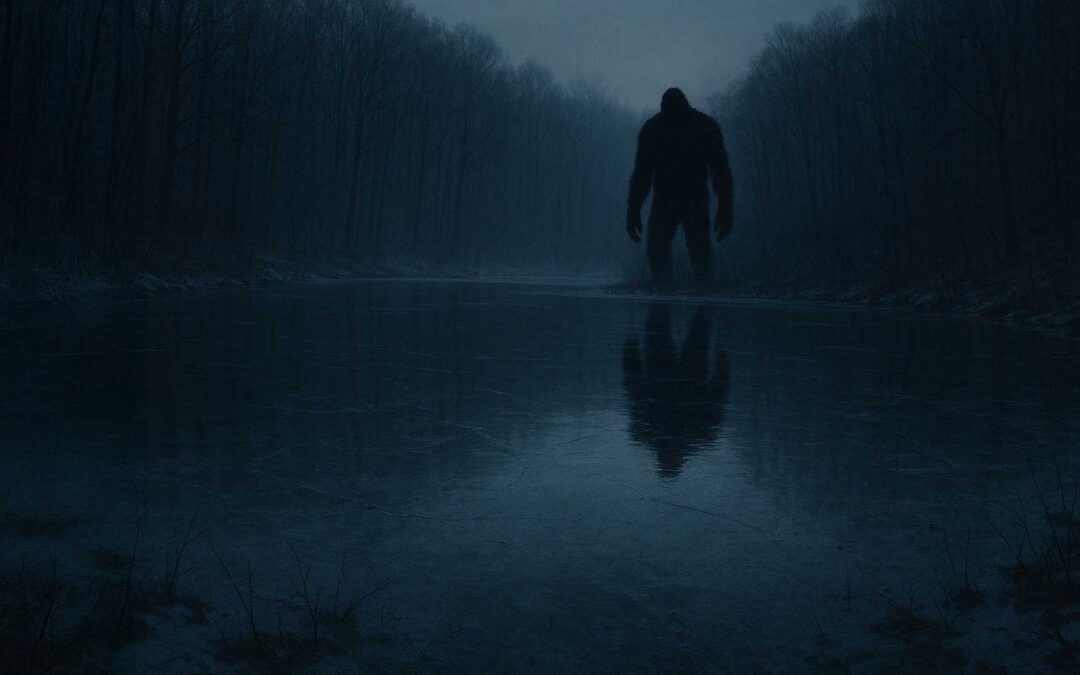
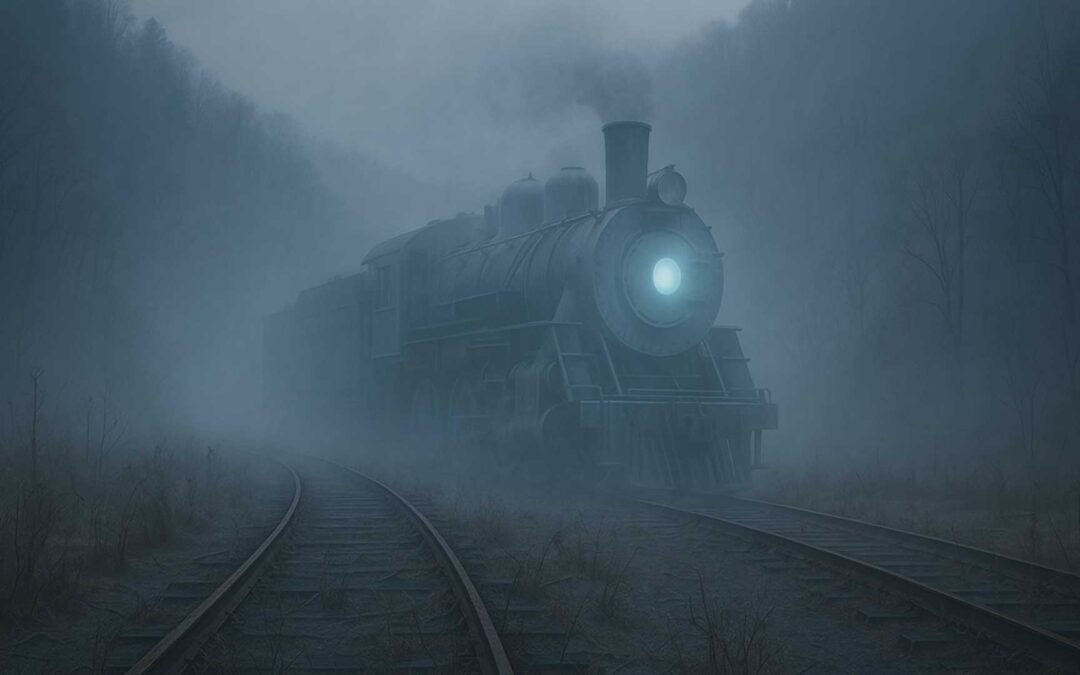
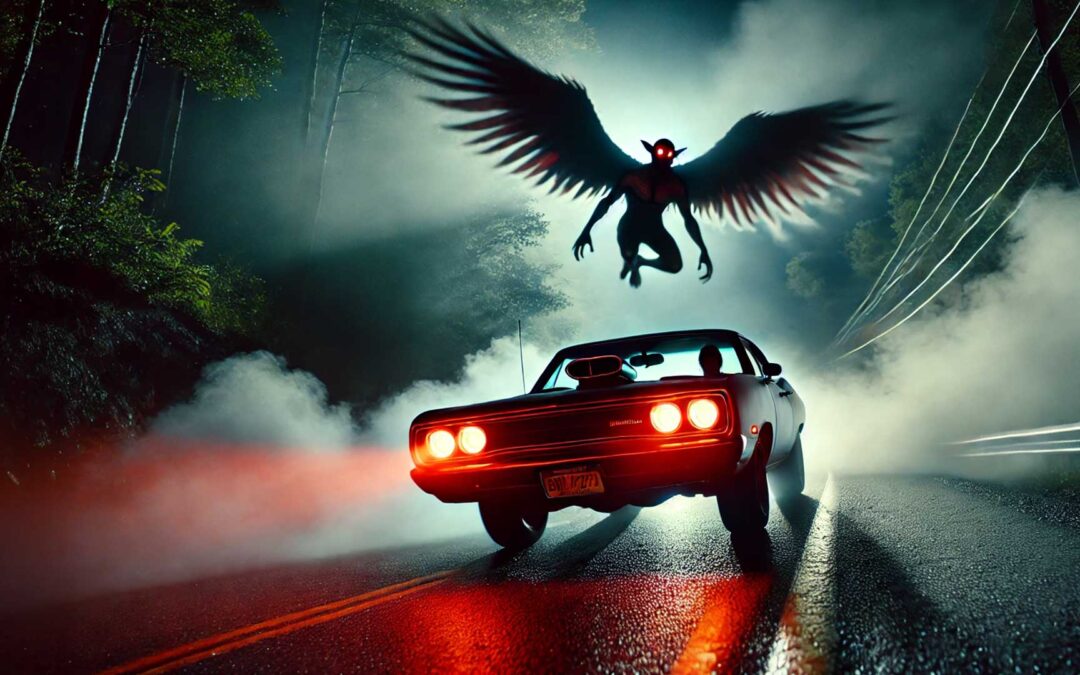



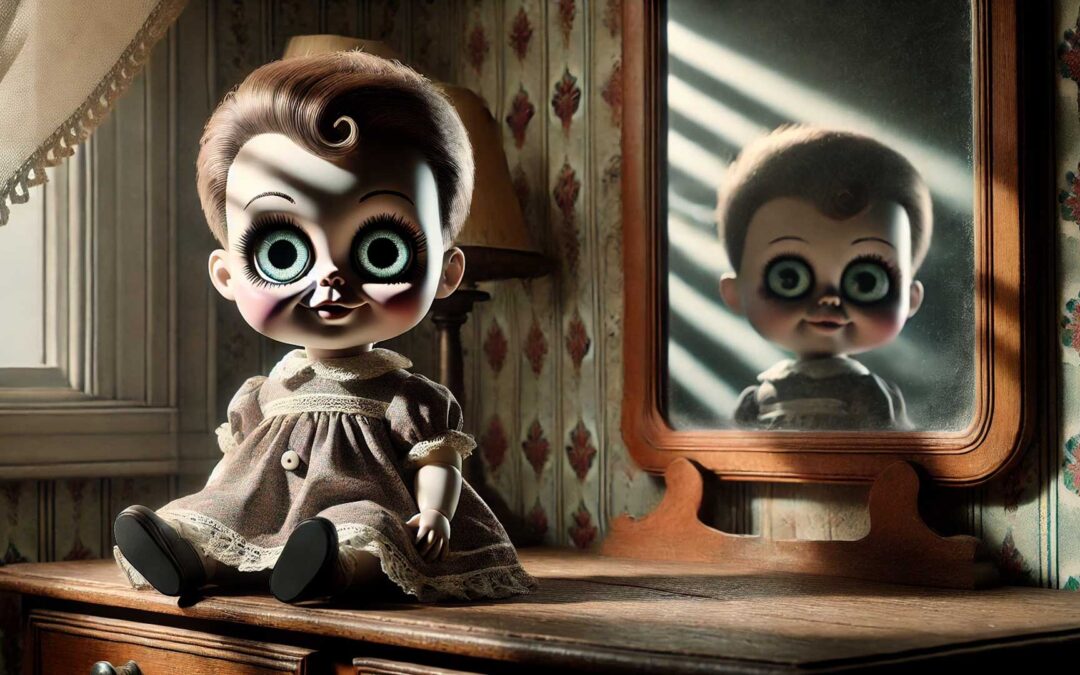

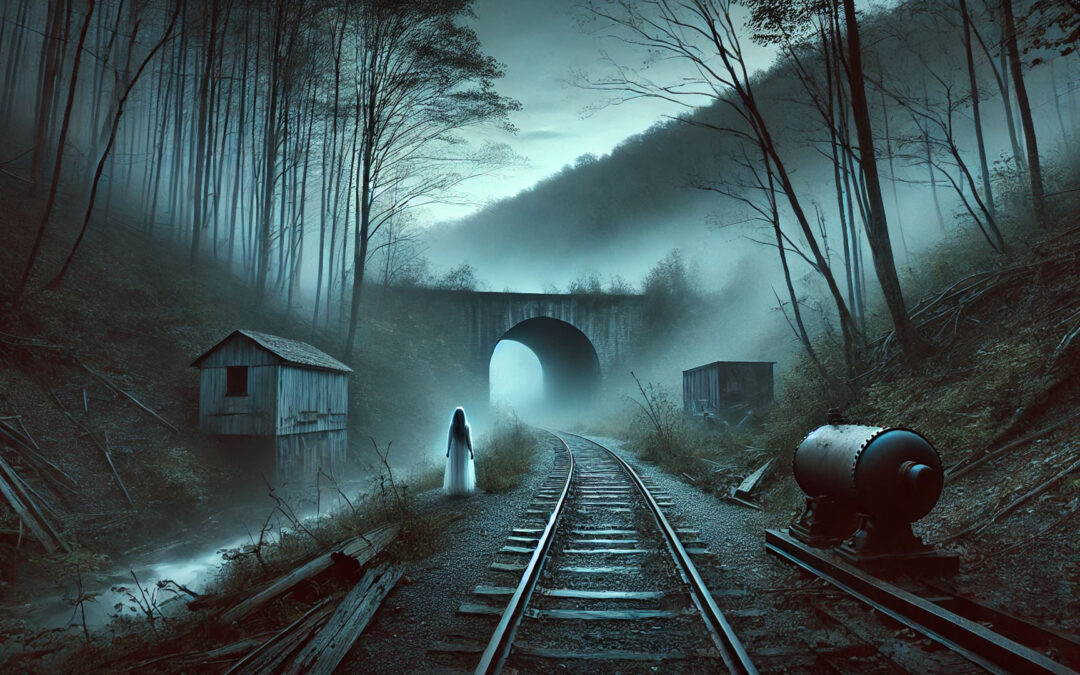


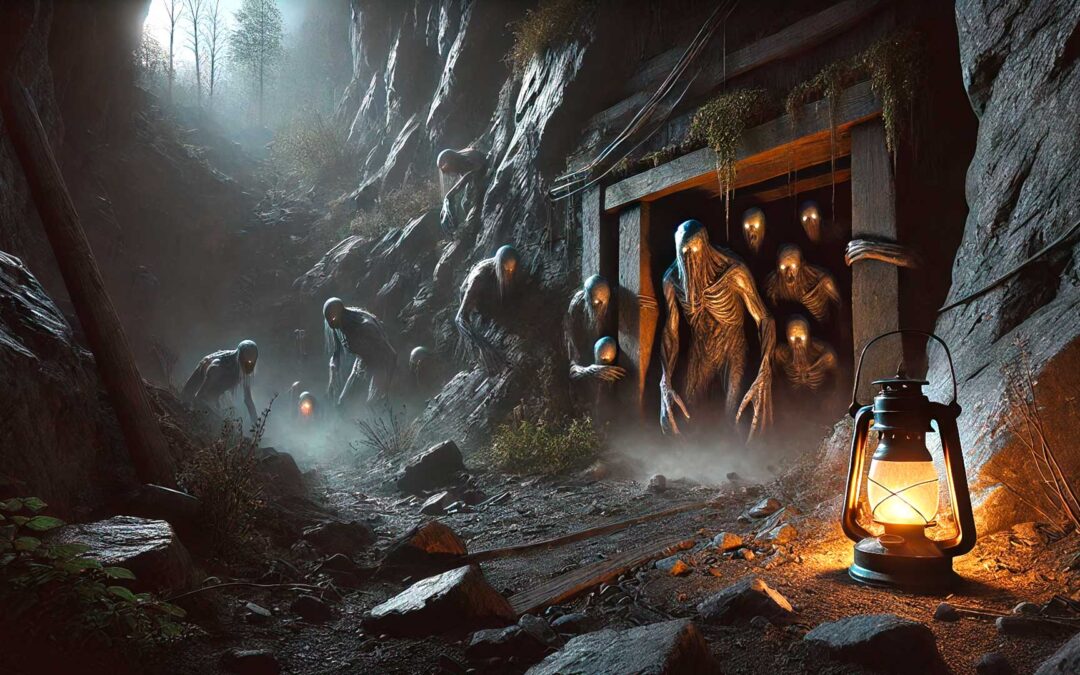
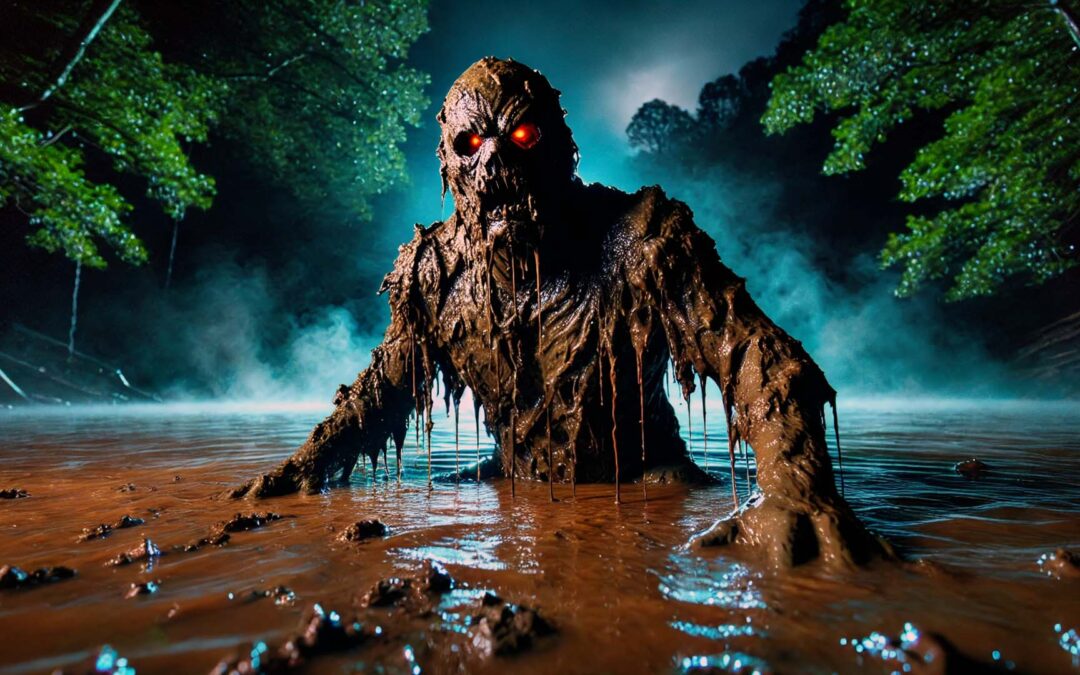
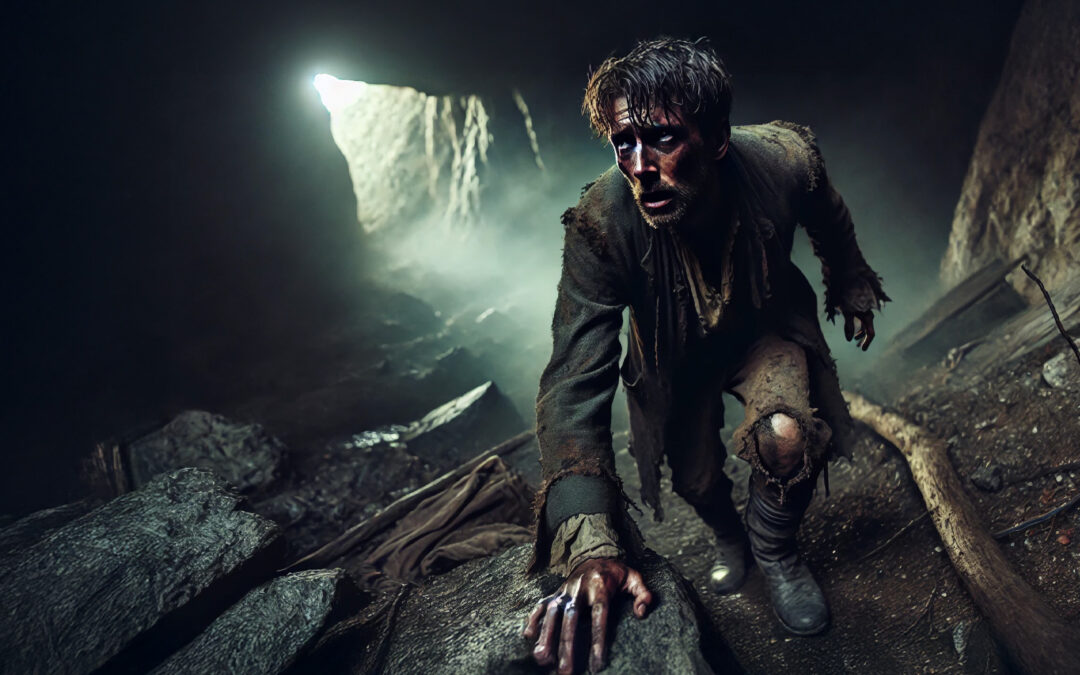



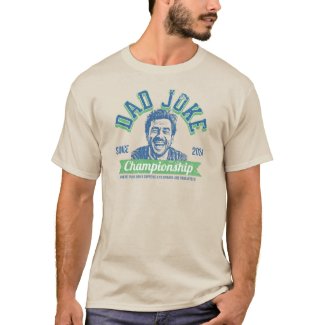

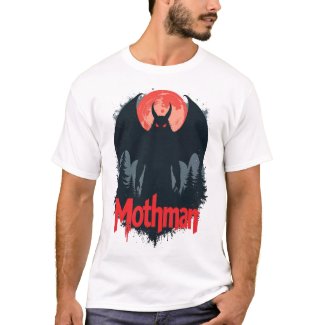
0 Comments